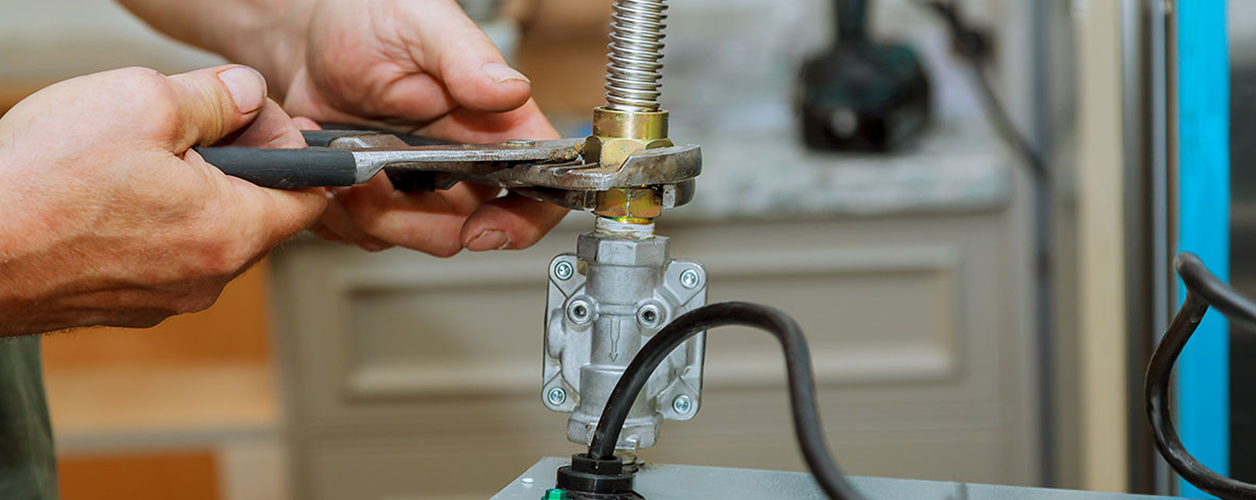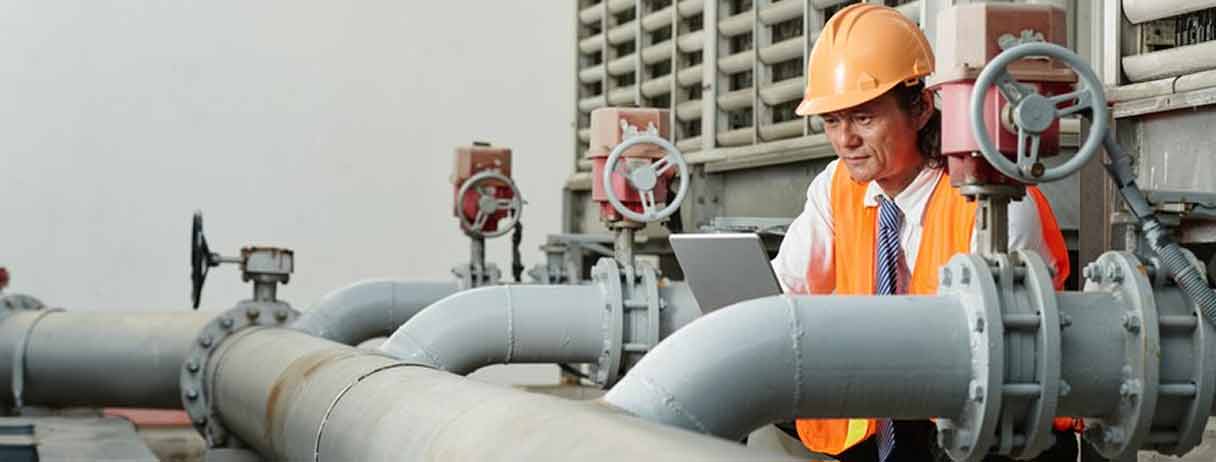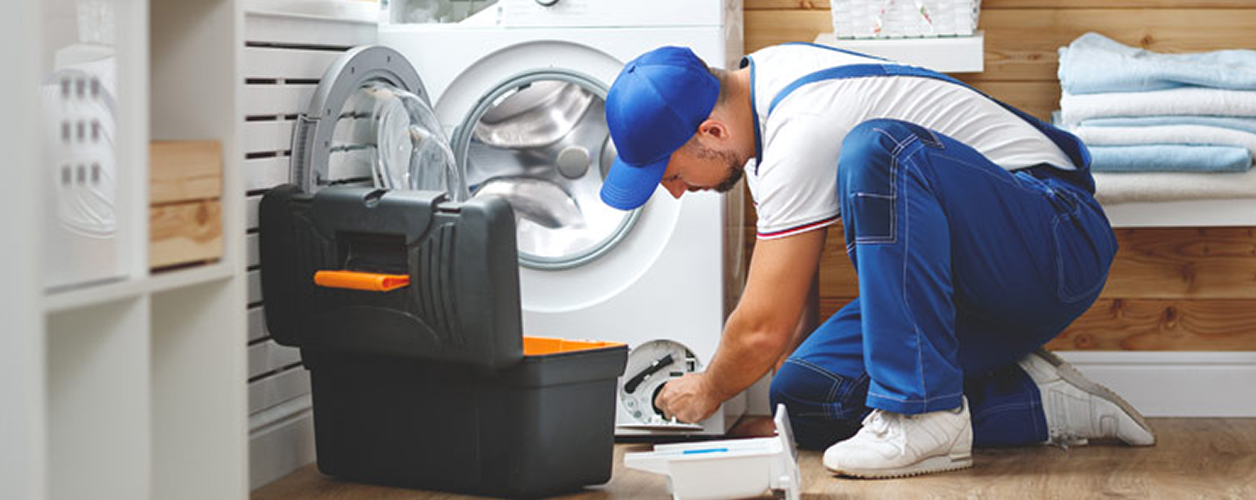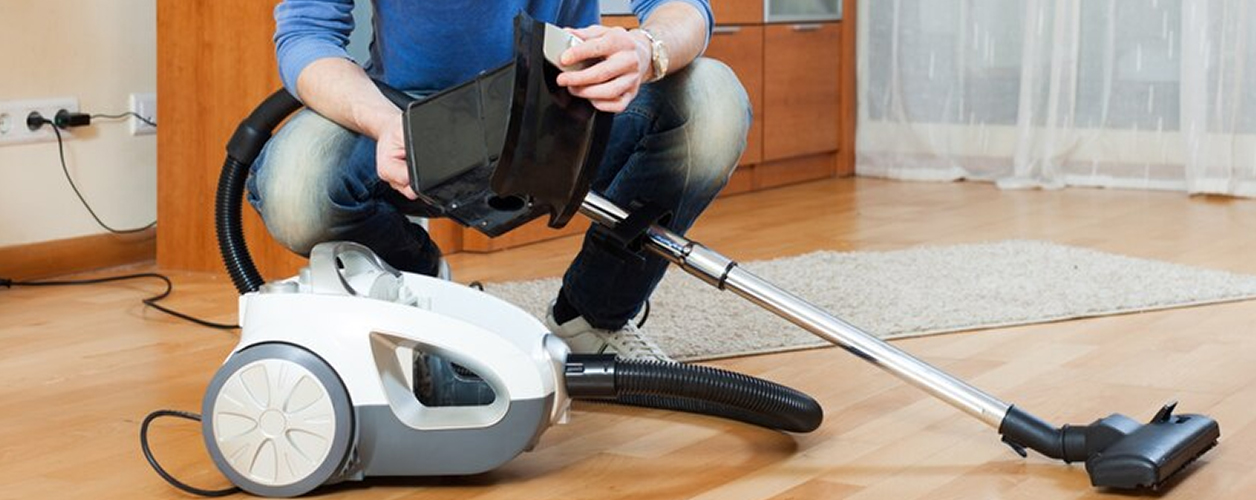Get free quotes within minutes
The Ultimate Guide to Gas Fitters: What You Need to Know
Discover the crucial role gas fitters play in ensuring the safety and efficiency of gas appliances. This ultimate guide covers their responsibilities, licensing, and certification requirements, as well as the various services they offer, from installation to maintenance and repairs. When hiring a gas fitter, prioritize credentials, experience, references, and insurance. Learn valuable safety tips, emphasizing regular inspections and the installation of carbon monoxide detectors. Ensure the reliability of your gas systems by following this comprehensive guide.

Gas fittings are vital for the safe operation of gas appliances at home or in businesses. Whether you're a homeowner installing a new gas stove or a business owner requiring commercial gas services, understanding gas fitters is crucial. This guide covers their roles, and responsibilities, and provides tips on hiring the right professional for your needs.
The Role of Gas Fitters:
Gas fitters, also known as gas technicians or gas plumbers, are skilled professionals who install, maintain, and repair gas appliances and gas piping systems. Their expertise is crucial for ensuring the safe and efficient operation of various gas-powered appliances in homes, businesses, and industrial settings. Their primary goal is to ensure the safe and efficient operation of gas equipment, preventing potential hazards such as gas leaks and carbon monoxide exposure. Gas fitters work with various gas appliances, including stoves, water heaters, furnaces, and more. Here are some specific tasks that gas fitters can perform for various appliances:
- Gas stoves and ovens
- Gas water heaters
- Gas dryers
- Gas fireplaces
- Gas grills and outdoor kitchens
- Gas furnaces and heating systems
- Gas-powered refrigerators
Gas Piping Installation:
- Running and connecting gas lines to appliances
- Extending or modifying existing gas piping systems
- Ensuring proper ventilation for gas appliances
Safety Inspections:
- Conducting safety inspections of gas appliances and piping systems
- Checking for gas leaks and ensuring proper ventilation
- Verifying compliance with safety codes and regulations
Maintenance and Repairs:
- Performing routine maintenance on gas appliances to ensure optimal performance
- Identifying and repairing gas leaks
- Fixing or replacing faulty components in gas appliances
- Troubleshooting and resolving issues with gas piping systems
Conversion of Appliances:
- Converting appliances to use natural gas or propane, based on the available fuel source
- Adjusting burner settings and orifices for proper combustion
Emergency Services:
- Responding to emergencies such as gas leaks
- Shutting off the gas supply in case of emergencies
- Conducting emergency repairs to ensure safety
Compliance with Regulations:
- Ensuring that gas installations adhere to local building codes and safety regulations
- Obtaining necessary permits for gas-related work
Appliance Upgrades:
- Upgrading old or inefficient gas appliances for improved energy efficiency
- Installing smart or programmable features in modern gas appliances
Licensing and Certification:
One of the first things to check when hiring a gas fitter is their licensing and certification. In many regions, gas fitters must undergo rigorous training and obtain the necessary certifications to ensure they meet safety standards. Hiring a licensed gas fitter ensures that the professional has the knowledge and skills required to handle gas installations and repairs safely. It's important to note that gas fitters play a crucial role in maintaining the safety of gas systems. Working with natural gas or propane requires a high level of expertise due to the potential hazards associated with these gases. Therefore, it is recommended to hire licensed and qualified gas fitters for any installation, maintenance, or repair work involving gas appliances.
Types of Gas Fitting Services:
Gas fitters offer a range of services, including:
- . Installation: Gas fitters can install new gas lines, connect appliances, and ensure everything is up to code. Whether you're building a new home or upgrading your kitchen, a qualified gas fitter is essential for a safe and reliable installation.
- Maintenance: Regular maintenance is crucial for the safe and efficient operation of gas appliances. Gas fitters can inspect your systems, check for leaks, and perform any necessary repairs to keep everything running smoothly.
- Repairs: If you suspect a gas leak or your gas appliances are not working correctly, a gas fitter can identify and fix the issue promptly. Gas leaks pose serious safety risks, so it's crucial to address them immediately.
Hiring the Right Gas Fitter:
When looking to hire a gas fitter, consider the following:
- Credentials: Ensure the gas fitter is licensed and certified. Ask for proof of their credentials before allowing any work to begin.
- Experience: Look for a gas fitter with a track record of experience in the type of work you need. Experienced professionals are more likely to handle complex situations effectively
- References: Ask for references from previous clients. A reputable gas fitter should have no trouble providing references that attest to their reliability and quality of work.
- Insurance: Verify that the gas fitter has liability insurance. This protects you in case of accidents or damage during the installation or repair process.
Safety Tips for Gas Appliances:
- Regular Inspections: Schedule regular inspections for your gas appliances to catch any potential issues before they become major problems.
- Install Carbon Monoxide Detectors: Carbon monoxide is a silent killer. Install carbon monoxide detectors in your home or business to alert you to any dangerous levels.
- Educate Yourself: Understand the signs of a gas leak, such as a hissing sound, a rotten egg smell, or dead plants near gas lines. Knowledge is a powerful tool for ensuring safety.
Conclusion
Ensuring the safety and efficiency of your gas appliances requires hiring a qualified gas fitter. This guide covers their roles, responsibilities, licensing, and certification, offering a comprehensive overview. Prioritize safety, follow these guidelines, and confidently hire a gas fitter who meets your specific needs, ensuring the reliable operation of your gas systems.
Capital Cities
- Appliance Installers Services in Melbourne
- Appliance Installers Services in Brisbane
- Appliance Installers Services in Sydney
- Appliance Installers Services in Adelaide
- Appliance Installers Services in Perth
- Appliance Installers Services in Canberra
- Appliance Installers Services in Hobart
- Appliance Installers Services in Darwin













